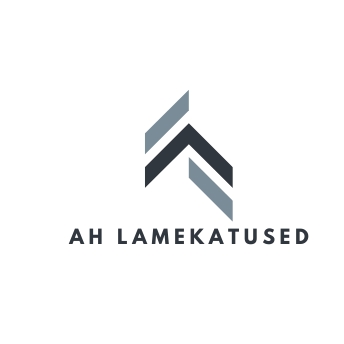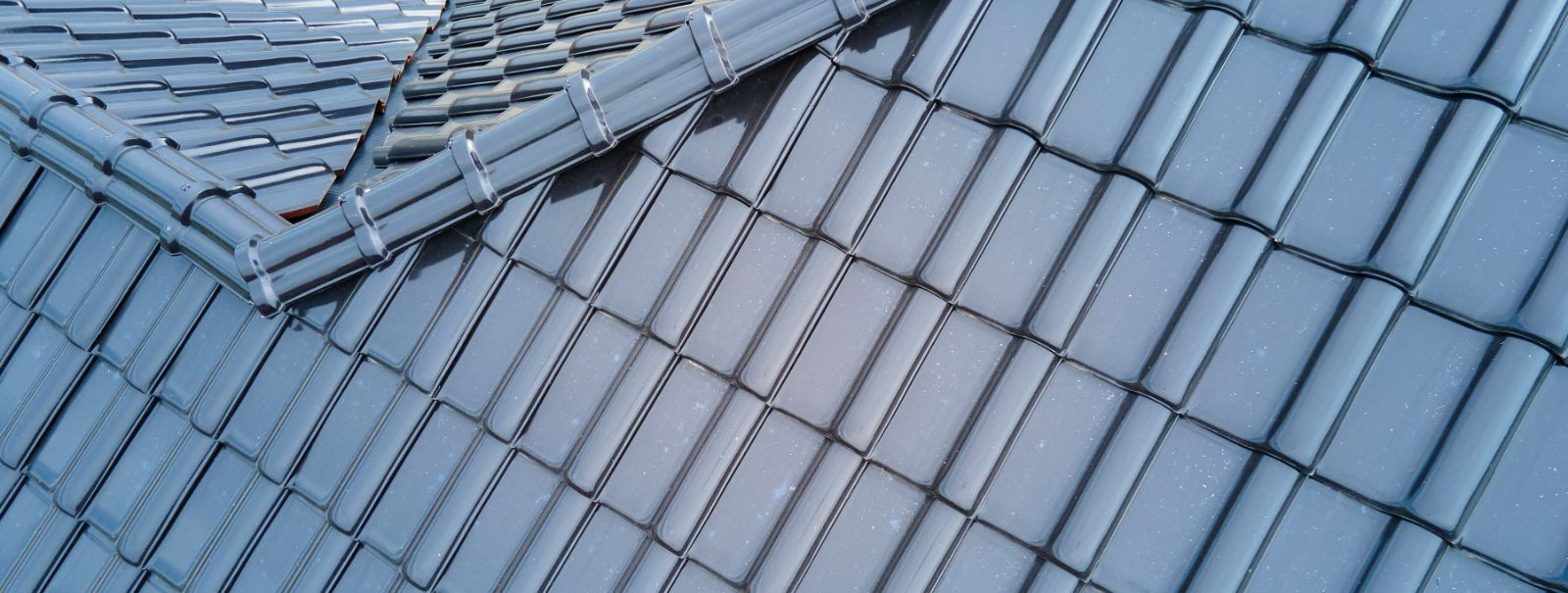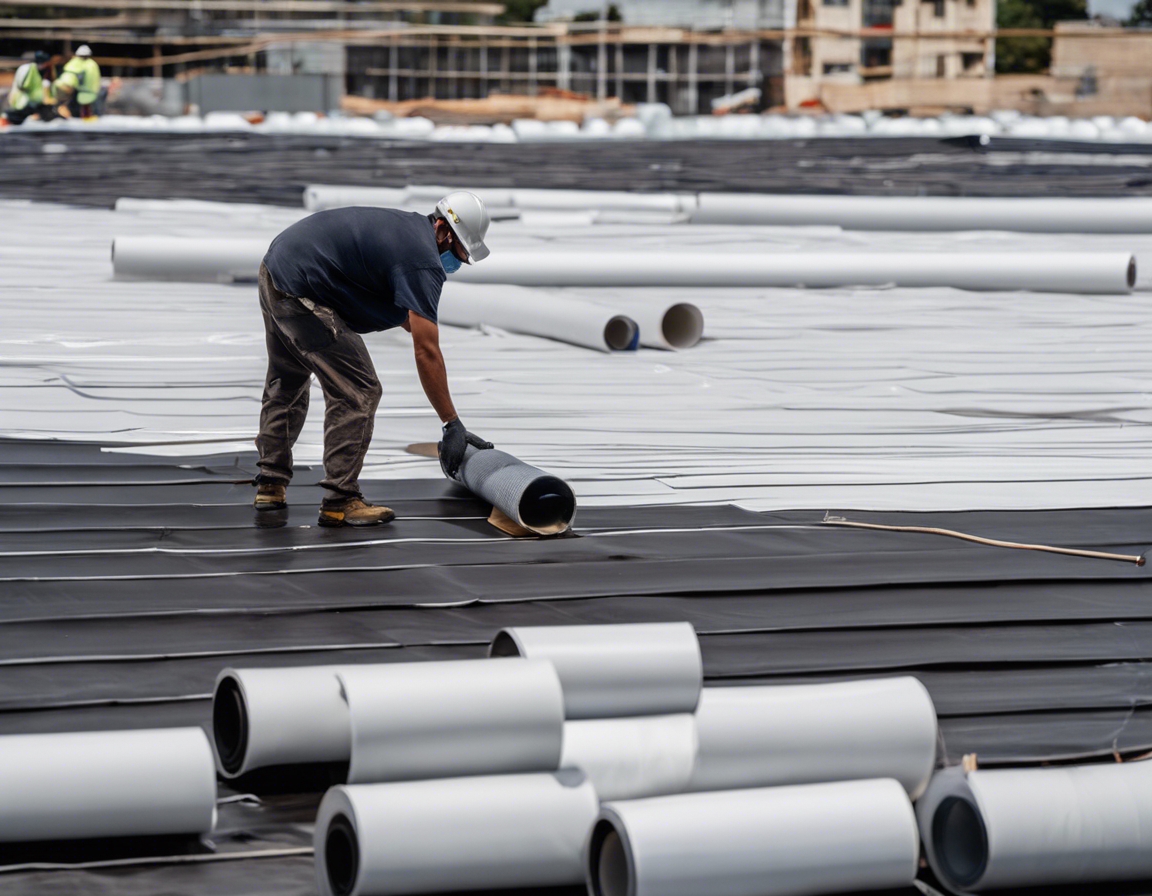The benefits of pvc flat roofs for modern buildings
In the realm of modern construction, PVC (Polyvinyl Chloride) flat roofs have emerged as a popular choice for property developers, commercial building owners, and environmentally conscious homeowners. Known for their durability, energy efficiency, and cost-effectiveness, PVC flat roofs offer a reliable solution for those seeking sustainable and long-lasting roofing options.
Durability and Longevity
PVC flat roofs are renowned for their exceptional resistance to various weather conditions. Whether it's heavy rain, snow, or intense sunlight, PVC membranes are designed to withstand the elements without compromising their structural integrity. This resistance ensures that buildings remain protected year-round, reducing the risk of leaks and water damage.
One of the standout features of PVC flat roofs is their low maintenance requirements. Unlike traditional roofing materials that may require frequent repairs and upkeep, PVC roofs are designed to be resilient and long-lasting. This means fewer maintenance costs over the lifespan of the roof, providing peace of mind to building owners.
Energy Efficiency
PVC flat roofs are highly reflective, which means they can effectively reflect sunlight and reduce heat absorption. This reflective property helps in maintaining cooler indoor temperatures during hot weather, thereby reducing the need for air conditioning and lowering energy bills.
In addition to their reflective properties, PVC roofs offer excellent insulation benefits. They help in maintaining a consistent indoor temperature, reducing the reliance on heating and cooling systems. This not only contributes to energy savings but also enhances the overall comfort of the building's occupants.
Environmental Sustainability
Environmental sustainability is a key consideration for modern construction projects. PVC flat roofs are fully recyclable, making them an eco-friendly choice for building owners who prioritize sustainability. At the end of their lifespan, PVC membranes can be recycled and repurposed, reducing waste and contributing to a circular economy.
The production and installation of PVC roofs have a lower carbon footprint compared to other roofing materials. This is due to the energy-efficient manufacturing processes and the long lifespan of PVC roofs, which means fewer replacements and less environmental impact over time.
Cost-Effectiveness
While the initial installation cost of PVC flat roofs may be comparable to other roofing materials, their long-term benefits make them a cost-effective choice. The durability and low maintenance requirements translate to significant savings over the roof's lifespan.
In addition to lower maintenance costs, the energy efficiency of PVC roofs contributes to long-term savings on utility bills. Building owners can enjoy reduced energy consumption and lower operational costs, making PVC flat roofs a financially sound investment.
Versatility and Design Flexibility
PVC flat roofs offer a sleek and modern aesthetic that complements contemporary architectural designs. Available in a variety of colors and finishes, PVC membranes can enhance the visual appeal of any building, making them a versatile choice for architects and designers.
Whether it's a commercial complex, residential building, or industrial facility, PVC flat roofs can be adapted to suit various building types. Their flexibility and ease of installation make them suitable for both new constructions and retrofitting projects.






Comments (0)